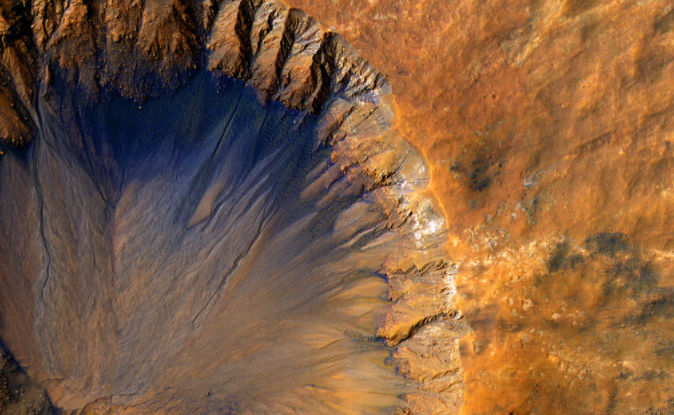
The California-based Rocket Lab has finally got Mars in its crosshairs as the company will send a NASA CubeSat mission straight to the Earth's moon in fall. It also plans to launch its private life-hunting Venus Mission set for 2023.
Rocket Lab is a multi-awarded company, and it was recently awarded a contract with NASA to design the twin spacecraft for the space company's future ESCAPADE Mars Mission.
ESCAPADE Mars Spacecraft
ESCAPADE is an acronym for "Escape and Plasma Acceleration and Dynamic Explorers."
It would utilize two spacecrafts that could orbit around Mars, aiming to study how the planet's atmosphere is completely taken away by the solar wind.
The solar wind is composed of a stream of positively and negatively charged particles that constantly flow from the sun.
Rocket Lab to Design Mars Spacecrafts
According to Space.com, Rocket Lab will create ESCAPADE's design using its Photon spacecraft bus, as announced by its representative on June 15.
Rocket Lab company is famous for Electron, a 58-foot-tall booster responsible for giving small satellites dedicated rides toward the final frontier.
However, the company seems to be branching out into the spacecraft field, together with Photon, which is a flexible satellite bus made to carry over 440 pounds to the lower Earth orbit and around 88 pounds during interplanetary missions.
The media outlet also mentioned that Rocket Lab is currently developing a giant rocket, Neutron, which could be ready by 2024.
As of June, Rocket Lab already got to launch two test versions of Photon toward the Earth's orbit. It also launched the satellite bus to carry NASA's CAPSTONE spacecraft to lunar orbit later in 2021.
Read Also: NASA's Juno Will Have a Chance to Peek Into Jupiter's Moon - Ganymede
The ESCAPADE Mars Mission
The purpose of the ESCAPADE mission is to help scientists understand why and how Mars' climate continues to change over time.
Researchers prove that the Mars we see today is quite different from the Mars that previous explorers have witnessed. The barren planet's thick atmosphere became thin, and it has lost an enormous amount of water on its surface.
Peter Beck, founder and CEO of Rocket Lab, recently stated in its website that the mission is promising, and they will do their best to deliver big science in a small yet capable package.
Beck added that planetary science missions usually cost hundreds of millions of dollars, and some even take ten years to come to fruition. With this in mind, he mentioned that Rocket Lab's Photon spacecraft dedicated to ESCAPADE would exemplify the most cost-effective approach for planetary explorations.
He and his company aim to increase the science community's knowledge and access to the solar system.
Space.com also stated that once ESCAPADE gets selected, it will most probably fly in 2024.
ESCAPADE's fate will be out and about soon, as NASA will be performing a preliminary design review by the end of June and a confirmation review in July.
Related Article: NASA Curiosity Rover Presents the Earth with Rare, Breathtaking Photos of Iridescent Clouds on Mars
This article is owned by Tech Times
Written by Fran Sanders








